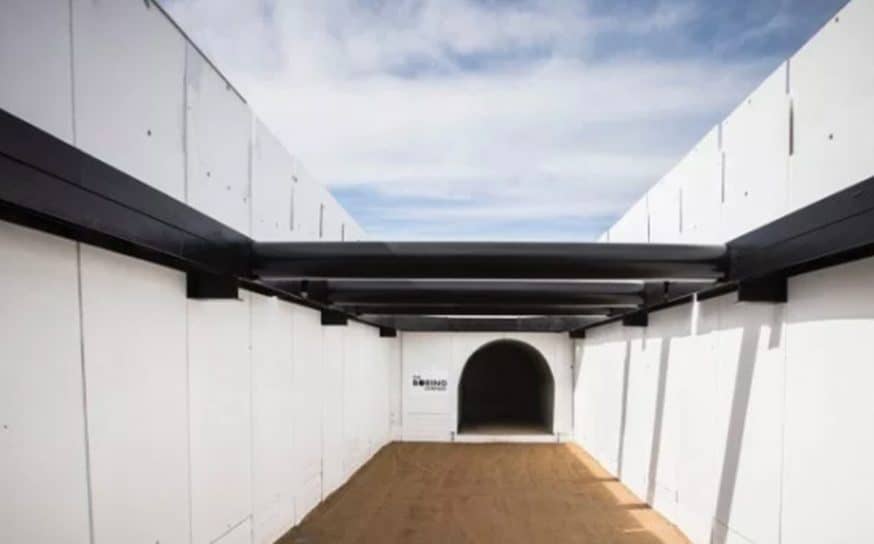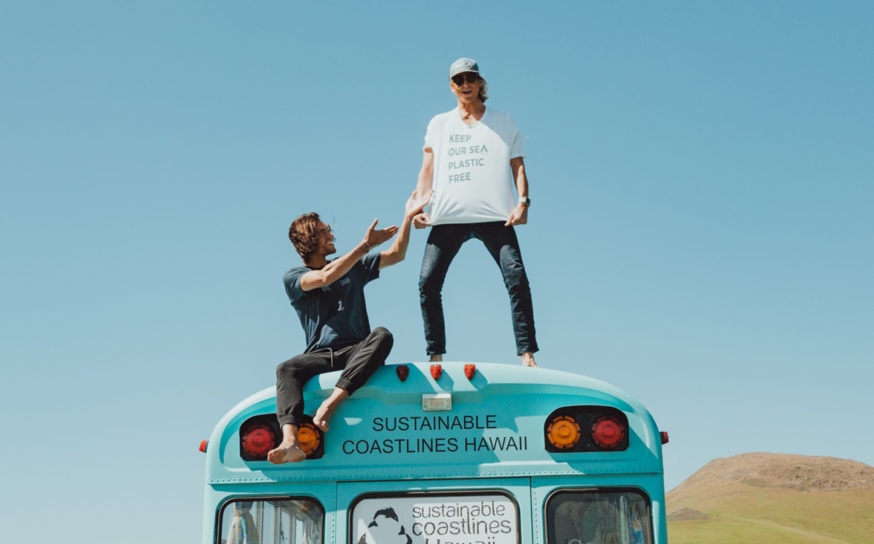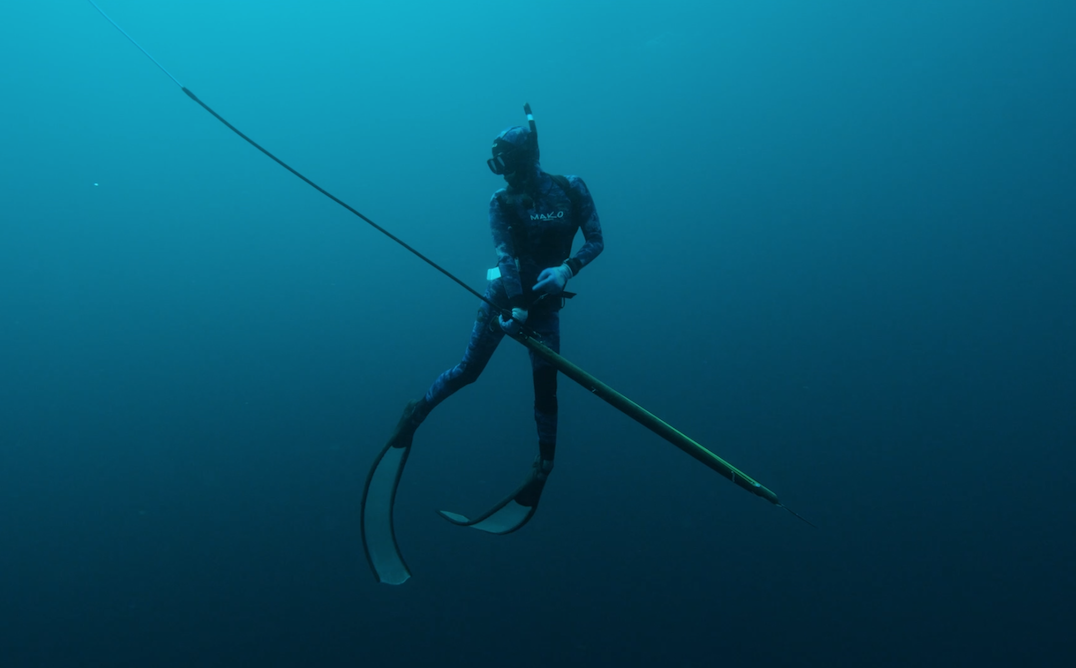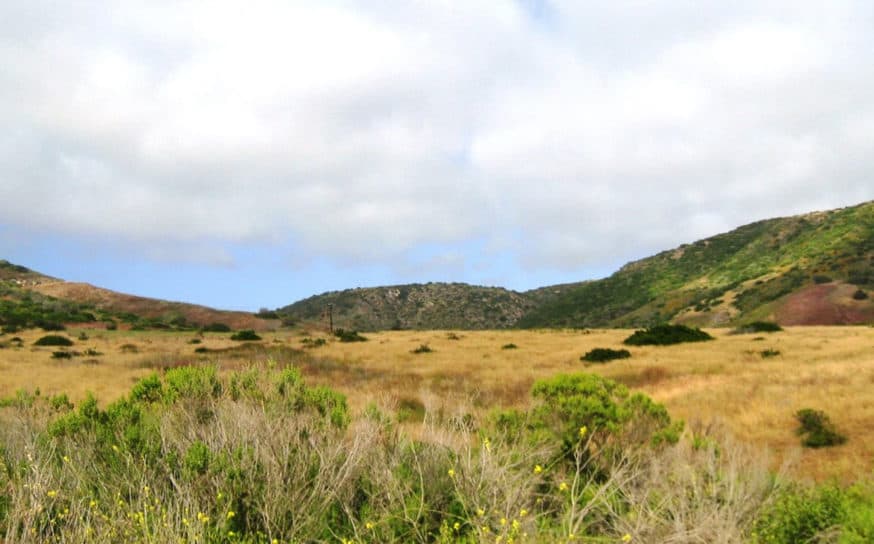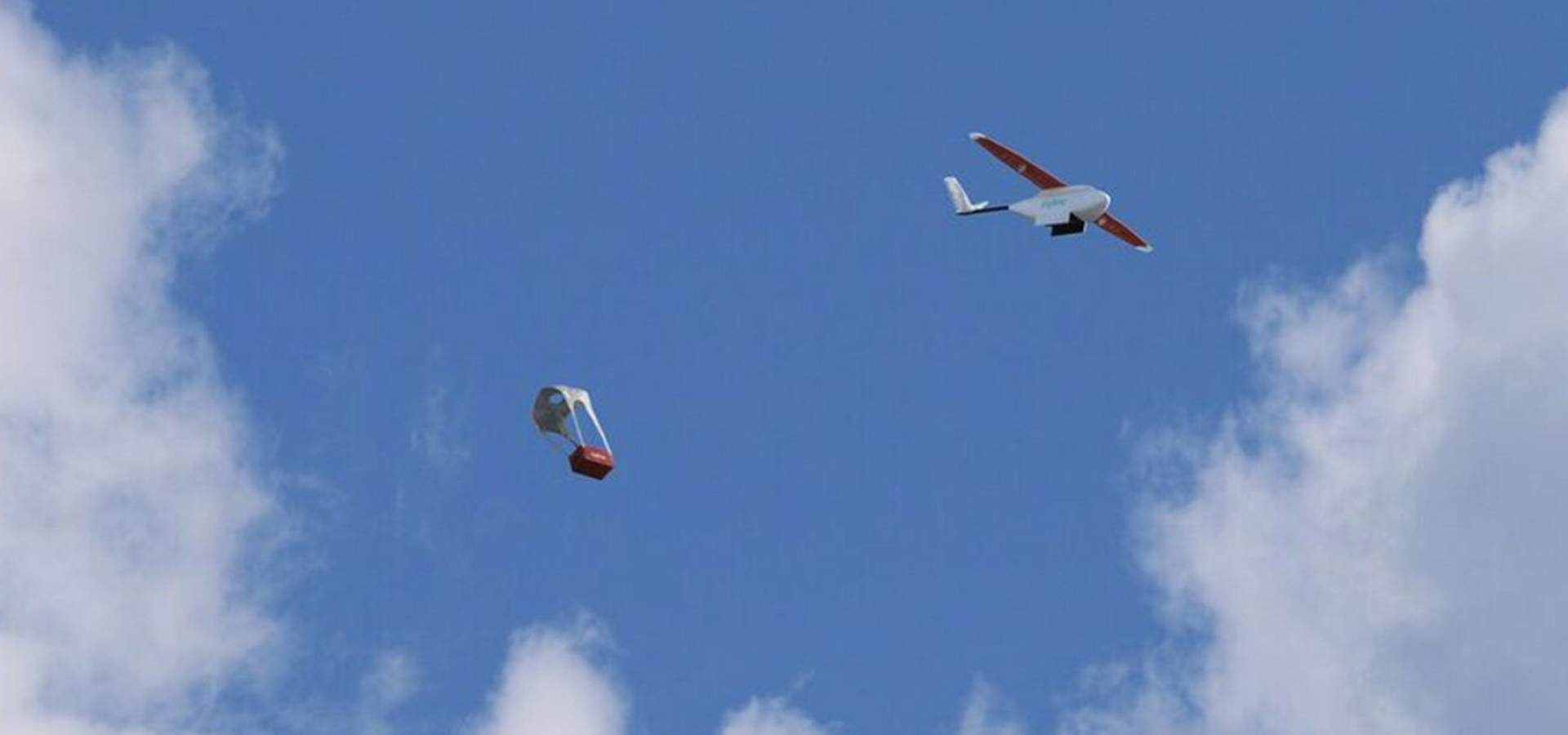
Drones Will Deliver Life-Saving Medicines and Supplies in Africa
California-based start-up Zipline, founded by Keenan Wyrobek, will ferry medical supplies to remote health care sites using insulated drones.
-
CategoryMakers + Entrepreneurs
This summer, health care has dominated the news cycle with impassioned views on both sides of the political spectrum. But no matter your political or personal take on the topic, it’s worth noting that a California start-up recently made news for a new health care-related innovation, not here in the States, but in Tanzania.
In this African nation, and many others, simply getting life-saving medications and blood to patients had led to a serious humanitarian crisis. Whether due to poor road conditions or dwindling supplies, this lack of supply has many people dying from very treatable conditions. After experiencing the problem firsthand on a trip to Tanzania, Keenan Wyrobek made it a personal mission to help fix the problem.
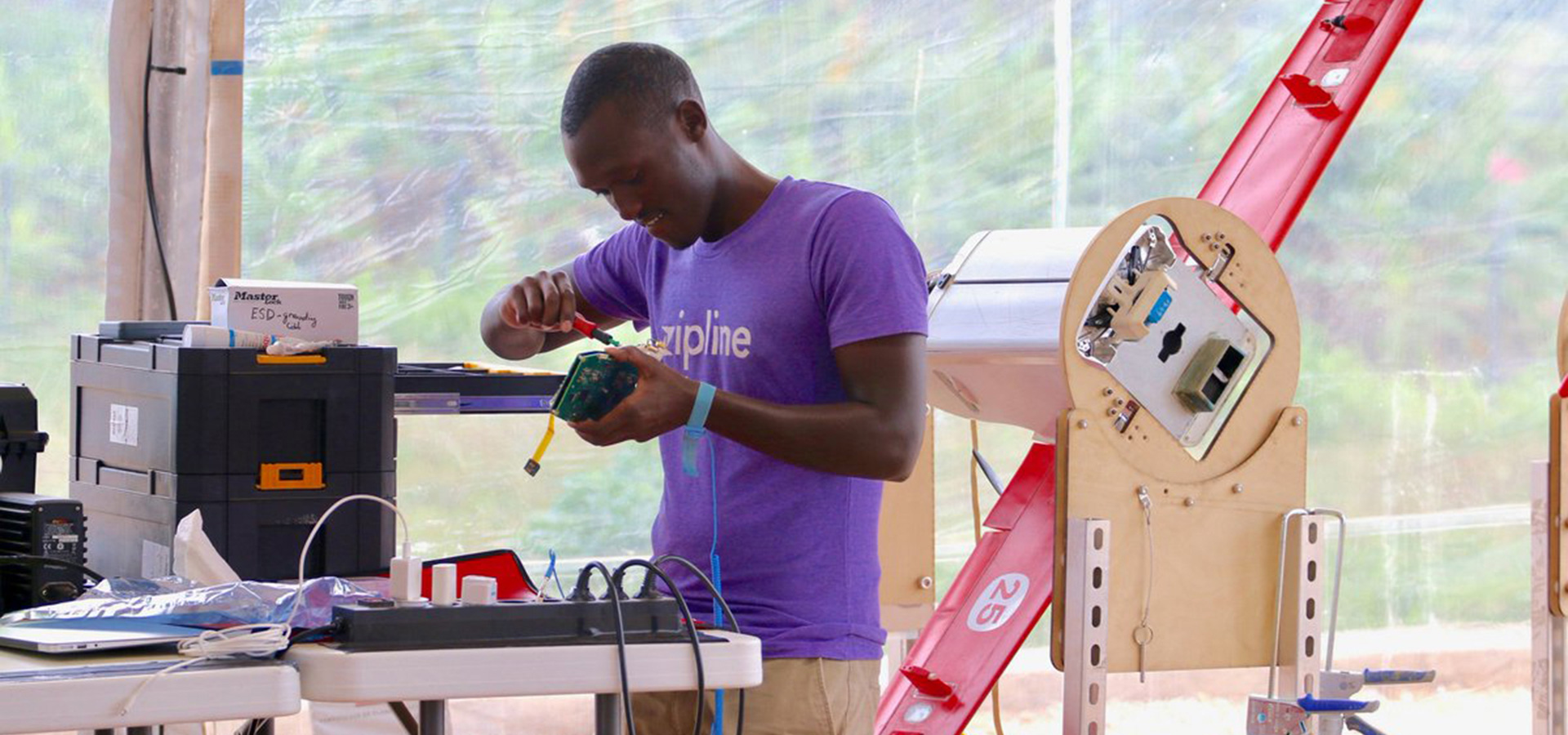
He co-founded Zipline, a California-based company that ferries supplies to remote health care sites using specialized, insulated drones. According to a story that recently ran in National Geographic, Zipline is currently delivering blood to hospitals in Rwanda via a local distribution center, and there are plans to expand to other countries.
“In Rwanda, 40 percent of our blood goes to treat postpartum hemorrhaging,” shares Wyrobek. “One anecdote that was really startling was hearing from one country—this wasn’t in Rwanda—that if they don’t have the blood they need, they’ll literally hand a cooler to the husband and be like, hey, we think this hospital over there has your wife’s blood type, hurry back. It’s hard to even imagine that stress and that challenge and then, if you don’t get back in time, that devastation. That really resonated with me.”
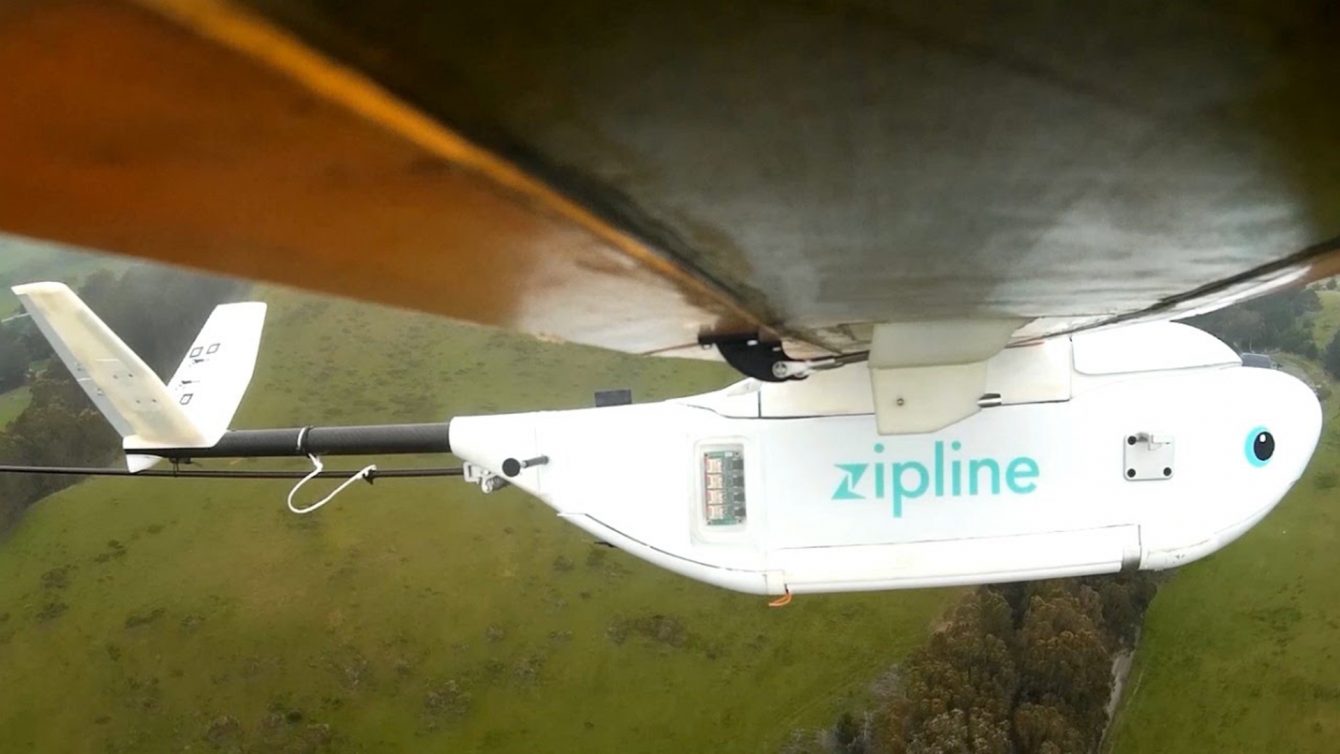
So far the company is finding good results, building a solid roster of hospitals and fine tuning its efforts to manage the potential for bad weather and other obstacles to delivery.
“For the Rwandan government, we put some GoPro cameras on our planes once to show what we’re flying over,” says Wyrobek. “I don’t think we flew over a single paved road in the few videos we made for them. These are dense but rural districts, and the hospitals are in the middle of them. They’re challenging to get to even when it’s not raining.”
The Life and Work of Award-Winning Science Fiction Writer Octavia E. Butler
After watching a sci-fi movie as a young girl in 1954, the California native convinced herself she could write a better story than what unfolded on the screen.
LA’s First Boring Company “Loop” Tunnel Nears Completion
Elon Musk is tunneling his way to a transportation breakthrough.
Brothers Hans and Nick Schippers Spread an Environmental Message Via Their 1998 Bluebird Bus
Driving the Pacific Coast with a lesson to kids about the dangers of plastics.




